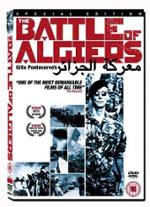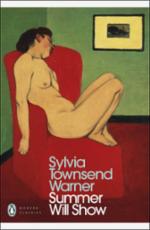Director Gillo Pontecorvo's 1966 movie The Battle of Algiers concerns the violent struggle in the late 1950s for Algerian independence from France, where the film was banned on its release for fear of creating civil disturbances. Certainly, the heady, insurrectionary mood of the film, enhanced by a relentlessly pulsating Ennio Morricone soundtrack, makes for an emotionally high temperature throughout. With the advent of the "war against terror" in recent years, the film's relevance has only intensified.
Shot in a gripping, quasi-documentary style, The Battle of Algiers uses a cast of untrained actors coupled with a stern voiceover. Initially, the film focuses on the conversion of young hoodlum Ali La Pointe (Brahim Haggiag) to FLN (the Algerian Liberation Front.) However, as a sequence of outrages and violent counter-terrorist measures ensue, it becomes clear that, as in Eisenstein's October, it is the Revolution itself that is the true star of the film.
Pontecorvo balances cinematic tension with grimly acute political insight. He also manages an even-handedness in depicting the adversaries. He doesn't flinch from demonstrating the civilian consequences of the FLN's bombings, while Colonel Mathieu, the French office brought in to quell the nationalists, is played by Jean Martin as determined, shrewd and, in his own way, honourable man. However, the closing scenes of the movie--a welter of smoke, teeming street demonstrations and the pealing white noise of ululations--leaves the viewer both intellectually and emotionally convinced of the rightfulness of the liberation struggle. This is surely among a fistful of the finest movies ever made. --David Stubbs



